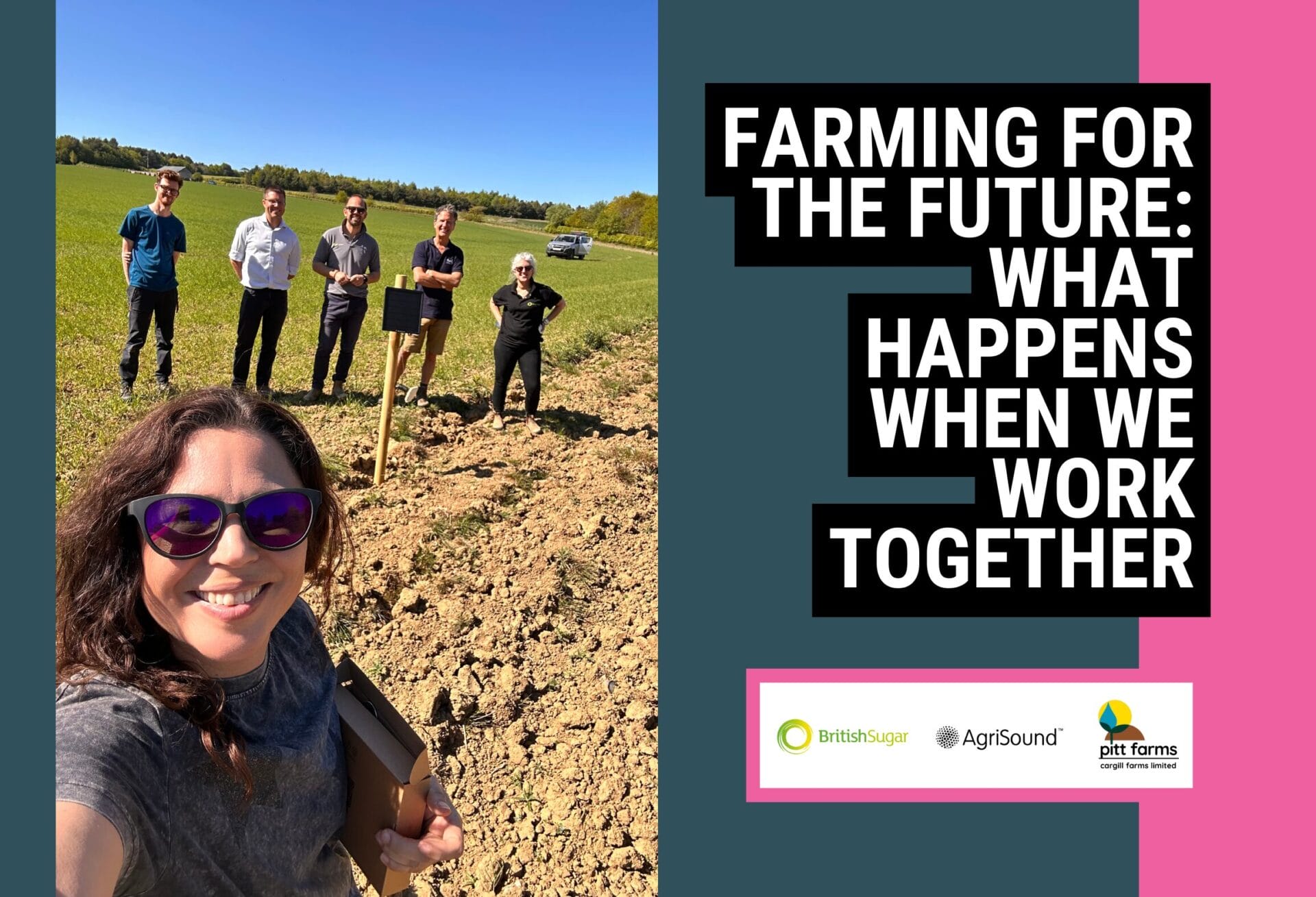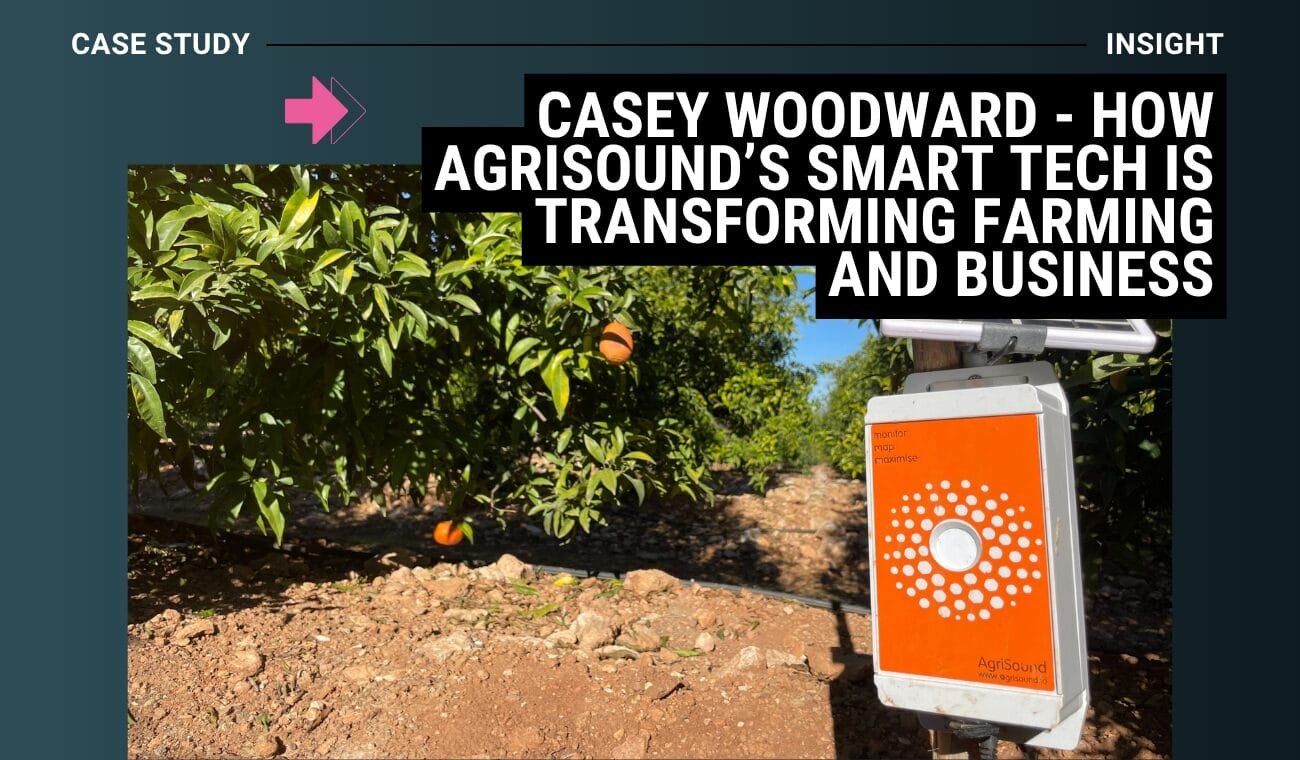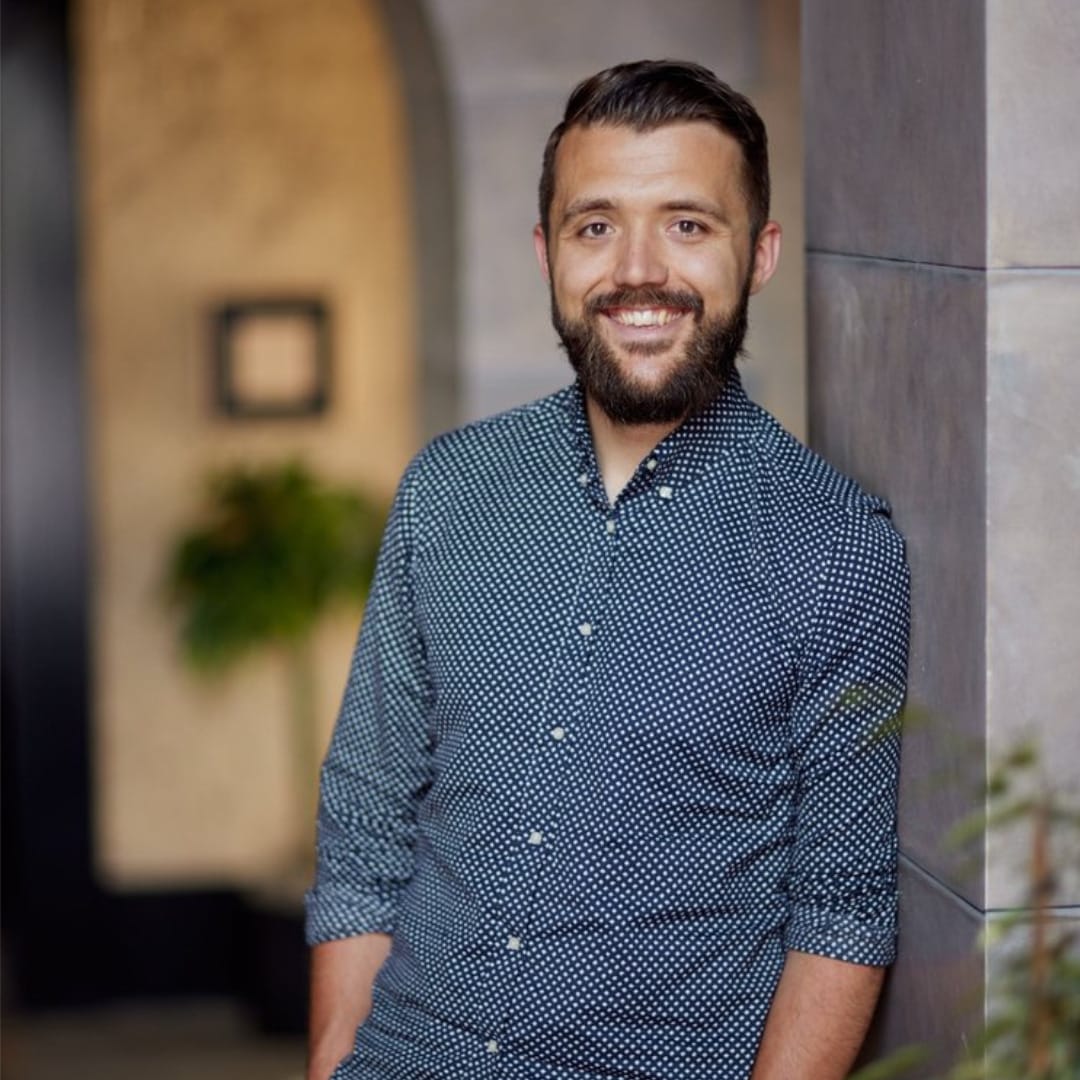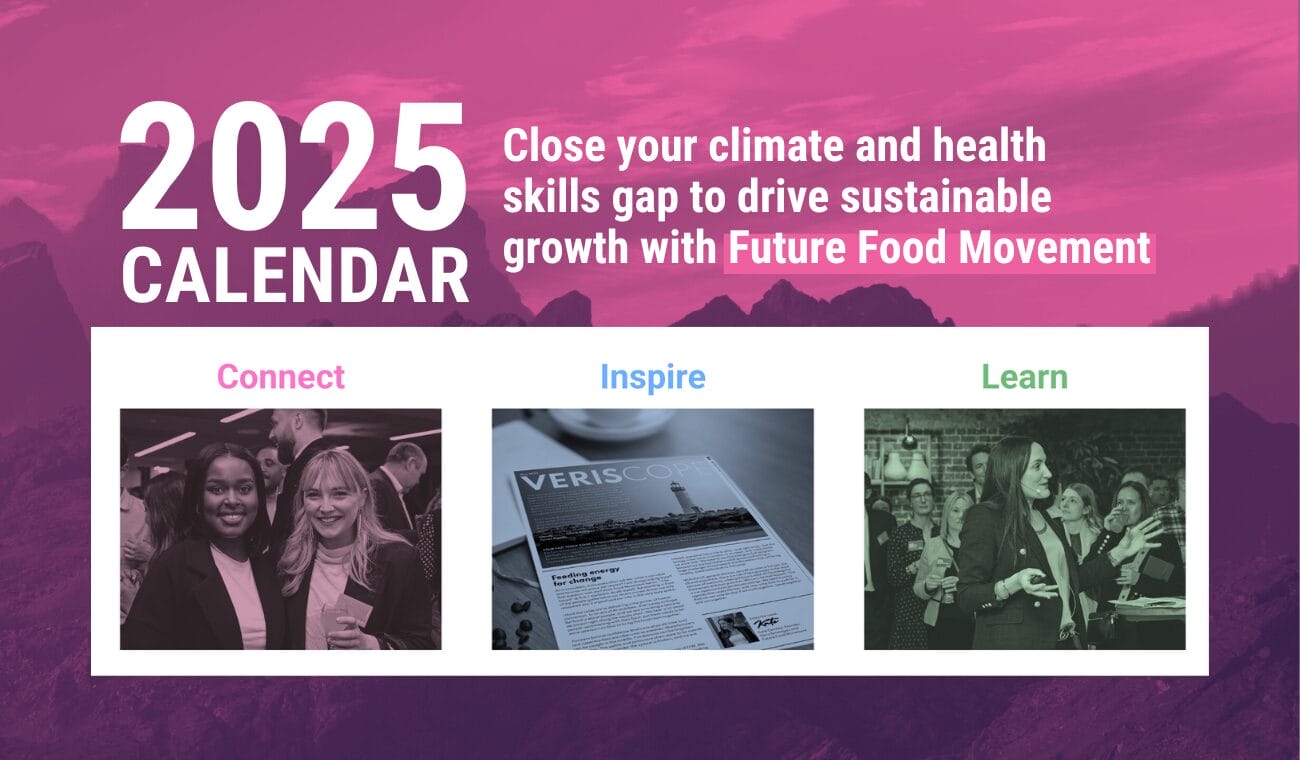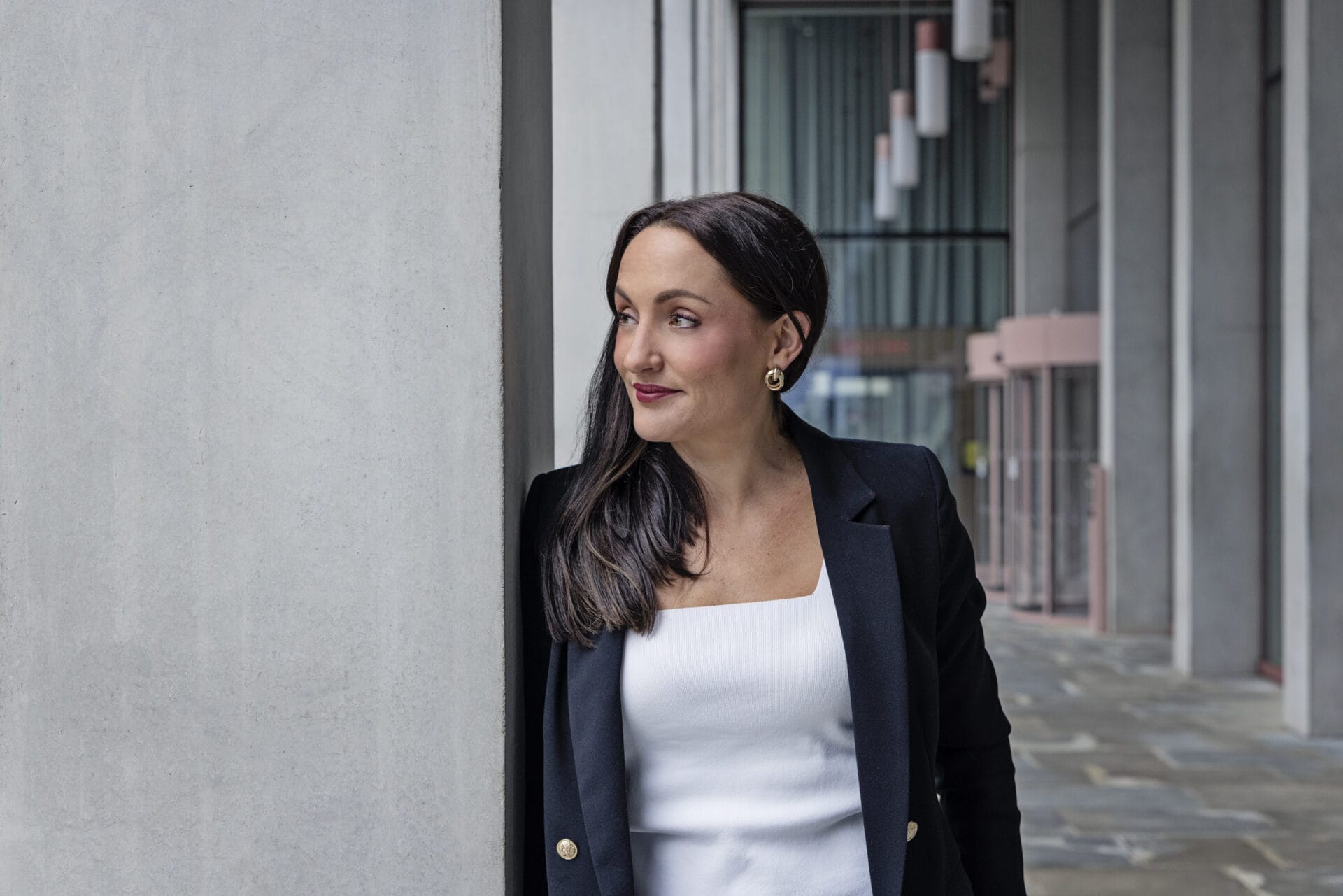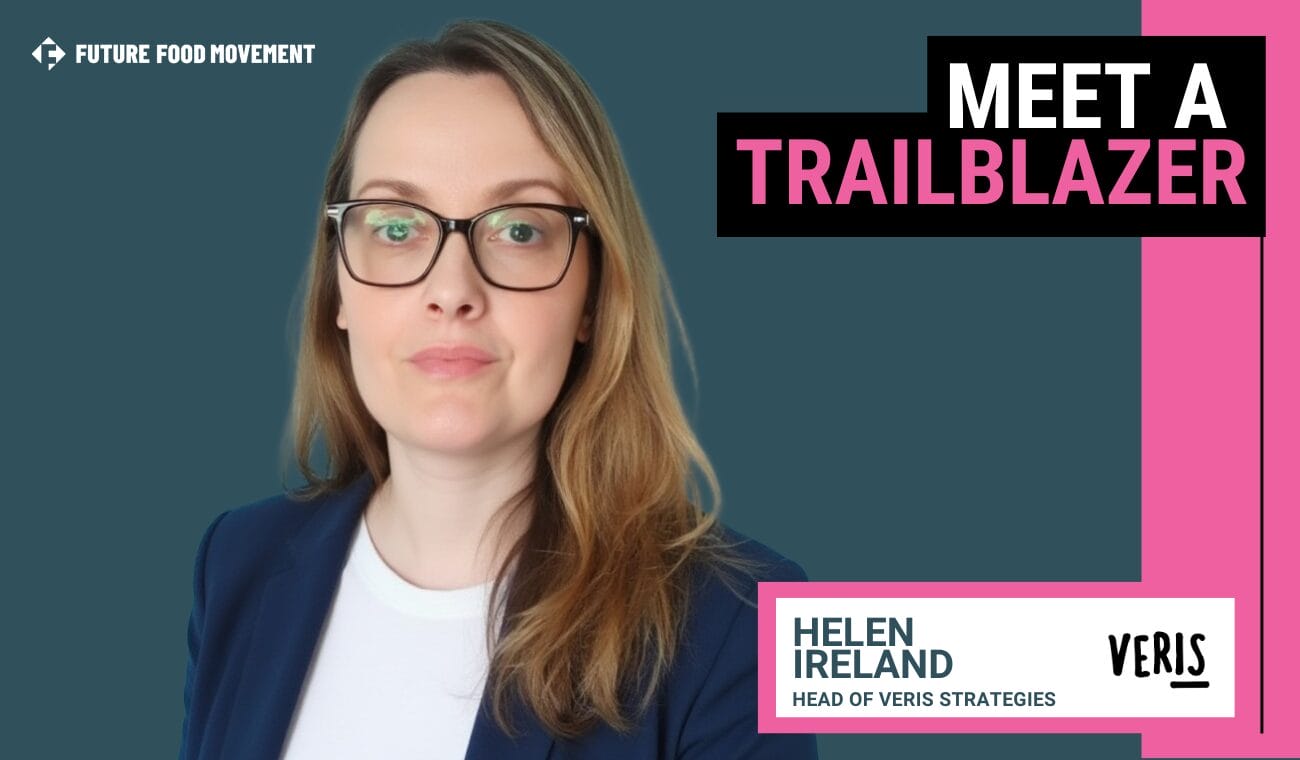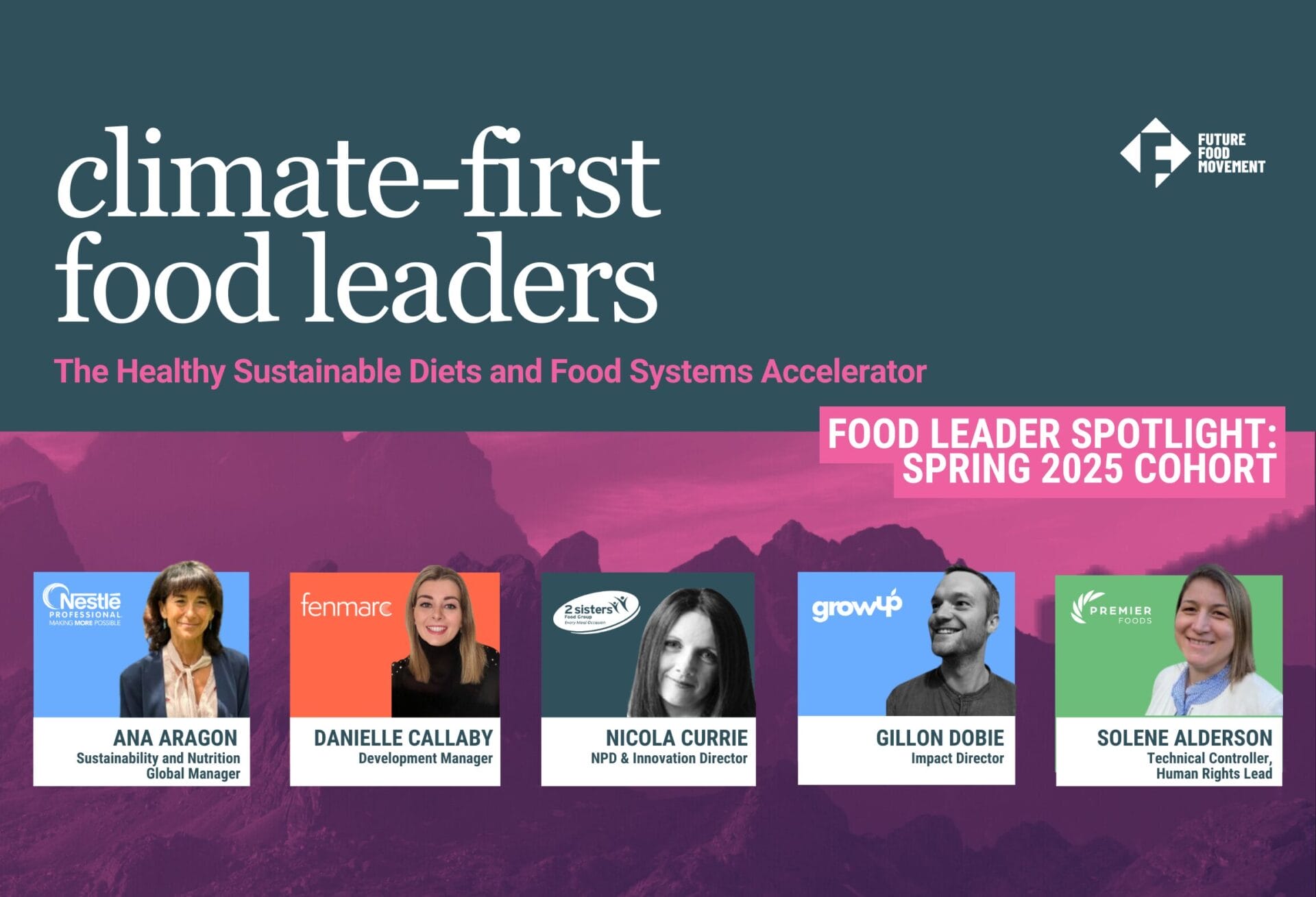Previously published in The Grocer.
“Skills are crucial to any fundamental societal shift. The path to a net zero world requires not just a plethora of enabling technologies and finance, but a new level of professional knowledge and capability to help underpin such a transition.
It was encouraging to see COP26 underlining this, with the UK government pledging to put climate change at the heart of education. But focusing just on the jobs of tomorrow is not enough. Many industries, especially those most vulnerable to climate pressures such as food, need to start fast-tracking decarbonisation now.
At Veris Strategies, our research shows that the UK food and drink industry is facing a stark climate skills gap due to a combination of chronic under-investment in environmental, social and governance (ESG) criteria related to workforce talent, labour shortages, and poor perceptions of the industry itself.
While more progressive companies may be actively setting net zero targets and talking internally about the issue, genuine engagement remains half-hearted at best. This is unsurprising given sustainability goals are voluntary for the most part, and can become quickly derailed as other business priorities take over. Covid-19 was a prime example of this.
With a lack of engagement comes a lack of awareness and, critically, little realisation of how each and every employee can make a difference within their job function or role. It is clear from our research that not enough expertise exists from board level to the factory floor to tackle what can be complex and multi-faceted challenges. Even worse, just 12% of the workforce are confident in their understanding of climate and sustainability issues.
This chasm of knowledge is as much a cultural problem as it is an operational one. Sustainability is often confined to silo thinking – dedicated departments or teams tasked with driving change. Such top-down approaches can often overshadow what’s really needed – an educational reawakening that creatively empowers people to apply their existing skills and thinking while giving them the opportunity to swiftly adapt their role to meet new challenges and demands.
Upskilling must start with engagement. Our research found that almost two-thirds of people working in the industry don’t believe or are unsure whether their organisation is taking positive climate action. This is worrying given that consumer expectations on ‘big food’ are expected to dial up a notch in light of COP26 calls to action on deforestation and methane emissions reduction.
Only once the engagement piece fits into place, can the skills toolbox start to be unpacked. We have identified four stand-out skills areas that are key to unlocking proficiency within the workforce in order to implement greener practices and creatively problem-solve. These centre on climate literacy, application, technology and communication.
Our new Future Food Movement platform will focus on these four skills areas as part of our mission to help the industry deliver on net zero before it’s too late. We will work with businesses and organisations, not only to provide mentoring and support, but to help them engage in non-competitive collaboration when it comes to skills building and securing talent, both today and for tomorrow.
Importantly, this will involve legacy building. If the industry can present a more positive image, this will help address issues like future labour supply and retention given that one-third of consumers perceive the food industry as undesirable to work in. The good news is that there is huge appetite among employees for upskilling – the type of hands-on climate-smart training that will enable them to make positive changes in the workplace.
One downside to COP26 was that it gave little, if any, clear signals or guidance to food companies and organisations wishing to accelerate transitional change. It really is up to the industry itself now to step up and demonstrate that leadership. That makes skills and talent building even more relevant.
And if that isn’t convincing enough, try listening to your workforce. Our research found that vast majority of people working within the industry (78%) believe their employer has a responsibility to help them understand how they can tackle climate change. That statistic alone should not be ignored.” Kate Cawley, Founder of Veris Strategies and Future Food Movement.
Future Food Movement has been designed to reach all parts of the food industry:

